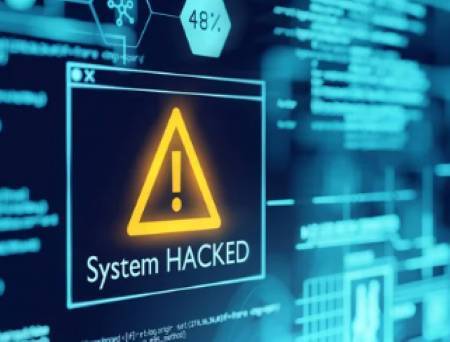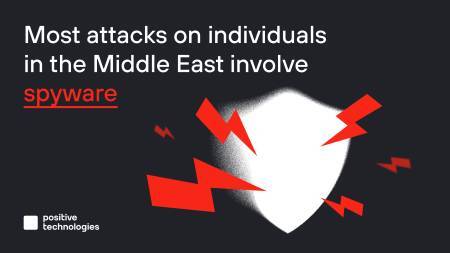
By CHRIS YATES for COUNTER TERROR EXPO
A report published last month by the House of Representatives Intelligence Committee, which warned US companies to end dealings with two Chinese technology vendors – Huawei and ZTE – who it says cannot be trusted to be free of foreign state influence, may have been based on cyber security fears and a heavy dose of protectionism rather than any actual evidence of wrongdoing.
The two firms dominate the information technology sector with their hardware and software offerings supporting everything from voice communication through data routing to wired and mobile broadband connections worldwide.
The report said that China had the means, opportunity and motive to use telecommunications companies for malicious purposes.
Republican committee chairman Mike Rogers said: “I would find another vendor if you care about your intellectual property, if you care about your consumers’ privacy, and you care about the national security of the United States of America.”
Report findings and subsequent commentary prompted immediate consternation that rippled across the globe.
But a classified alternative report into one of the firms, leaked to the Reuters news agency a week later, revealed that no evidence had been found that it spies for China.
This inquiry was a thorough review of how Huawei worked, involved nearly 1,000 telecom equipment buyers and took 18 months to complete.
“We knew certain parts of government really wanted evidence of active spying. We would have found it if it were there,” an inquiry team member told Reuters.
Reaction
Canada has invoked a so called “national security exception” to prevent its telecoms vendors hiring firms to build a secure communications network.
Ottawa stopped short of identifying Huawei or ZTE technology as a possible security risk, but many observers believe the Canadian government move has been prompted by the negative US findings.
European Union (EU) officials merely state that they have taken note of the report and insist that it is a matter between the US authorities and the companies concerned.
Both companies have significant penetration into the European telecommunications market space.
Within the United Kingdom, key telecoms providers including BT and Everything Everywhere (which delivers the only 4G network), say that they rigorously review and assure the security of their customer hardware and the backbone systems.
UK government officials argue that worries are being addressed by working closely with the companies concerned.
Huawei has a particular and significantly influential presence. It began operations over a decade ago, has established an in country security review center, invested heavily and created jobs.
A cyber security official in the Cabinet Office recently stated the center was established in 2010 to allow security officials to examine Huawei technology and establish that their products meet our security standards.
Downing Street insists it welcomes Huawei’s UK presence – a few weeks after Ren Zhengfei, the company’s founder, met David Cameron at Number 10 and announced a £1.3bn investment, creating a further 500 jobs.
Counter Terror Expo’s forthcoming Cyber Security Conference and Solutions Zone will bring sharp focus to the strategic and operational issues faced by Homeland Security, Governments, Critical National Infrastructure and Enterprise Level Corporations.
It will encompass Advanced Evasion Techniques, Secure Global Networks, Secure Government ICT Networks, Secure on-line platforms, Threat Neutralisation Software & Systems, Threat Awareness Software, Cyber Security Strategies, CNI data and systems resilience, Cyber Investigation Solutions, Data Protection and Storage, and Regulatory Compliance.
Counter Terror Expo will next convene at London Olympia 24th – 25th April 2013.



























